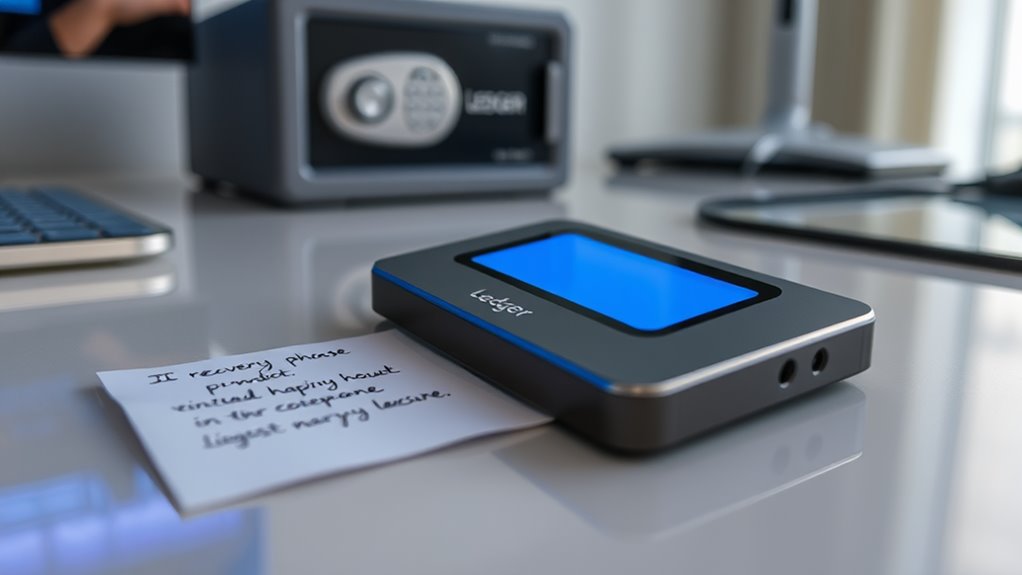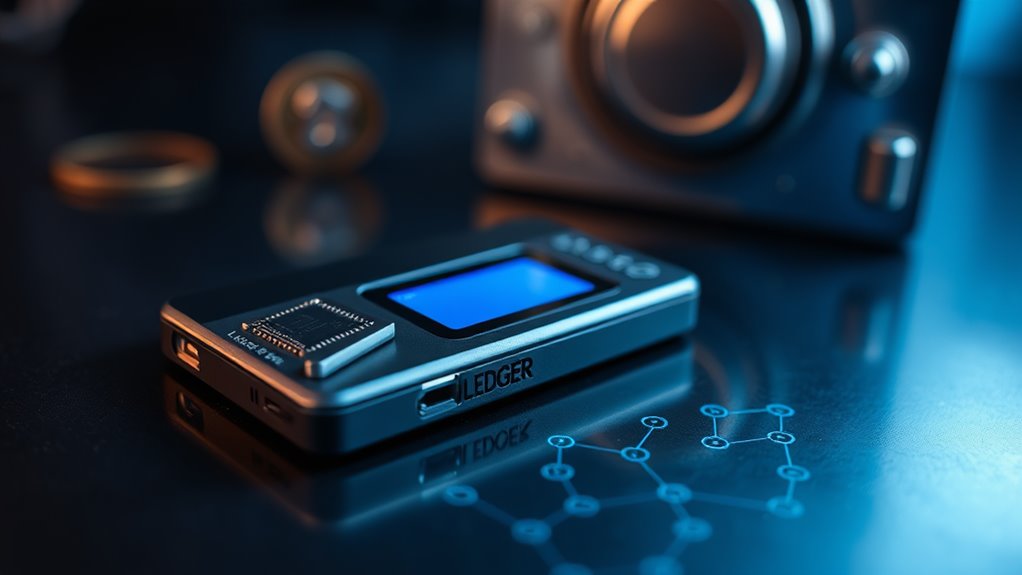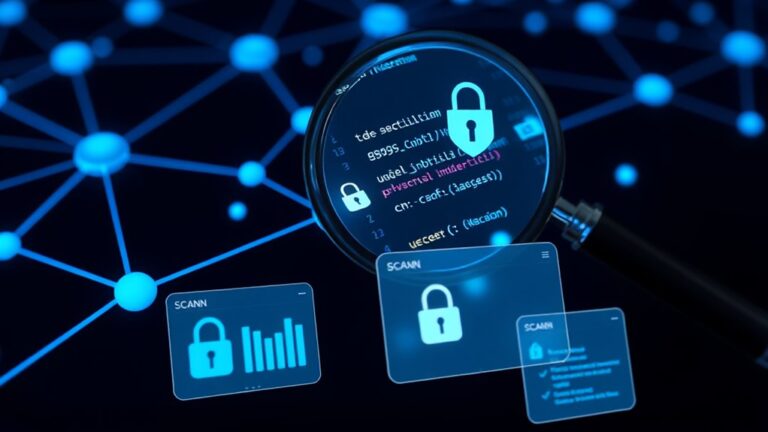Is My Crypto Safe on a Ledger?
Note: This post may contain affiliate links, and we may earn a commission (with No additional cost for you) if you purchase via our link. See our disclosure for more info. The gold and crypto world is constantly changing. This is not financial, investment, legal, or professional advice. So, please verify the information on the gold and cryptocurrency provider’s websites.
Is crypto safe on a Ledger? Absolutely, if you follow the rules. Ledger wallets boast excellent security. They use a super secure chip that's tough against attacks. Your private keys chill offline, away from hackers. Lost your recovery phrase? Oops. That's a one-way ticket to losing your crypto. Keep it secure, never share it. The bottom line: Ledger wallets are way safer than software wallets. Want to know the secrets behind that security? Stick around.

Is your crypto really safe on a Ledger? Well, if you're using one, there's a solid chance it is. Ledger wallets come packed with security features that are impressive, to say the least. They use a Secure Element chip, which is like a vault for your private keys. This chip is built to withstand even the most advanced attacks.
Ledger wallets are a fortress for your crypto, featuring a Secure Element chip that defends against even the toughest attacks.
And let's not forget about BOLOS, their operating system that isolates apps like a personal bubble. You want your keys safe? You need that kind of isolation.
But here's the kicker: Ledger holds a certification from France's cybersecurity agency, ANSSI. That's right, it's the only hardware wallet that can boast that badge. It means they've been vetted and found worthy. Ledger wallets certified by ANSSI also demonstrates their commitment to maintaining industry-leading security standards.
Plus, there's a nifty genuine check feature that verifies your device hasn't been tampered with. Good luck trying to pull a fast one there.
Now, let's talk about attack protection. With malware resistance, those attempts to extract your keys via software? Yeah, not happening.
Physical access? Sure, but they'll still need your PIN, and the Secure Element can laugh in the face of power-glitching. If a hacker thinks they're clever, they'll find out otherwise.
Phishing? Ledger has your back there too. You need to verify transactions on the secure screen. That's a nice little roadblock.
But don't get too comfortable. The recovery phrase is your golden ticket. Lose that 24-word seed phrase and your crypto could be locked away forever. Keeping keys offline is essential for preventing unauthorized access.
No PIN? No access. And please, for the love of all things digital, store that phrase securely. Maybe in a fireproof safe, or split it up.
Just don't make the rookie mistake of sharing your PIN or using public Wi-Fi—seriously, just don't. The cold storage approach of hardware wallets like Ledger keeps your private keys isolated from internet threats, making them significantly more secure than always-connected software wallets.
Frequently Asked Questions
Can I Recover My Crypto if I Lose My Ledger Device?
Losing a Ledger device? No sweat. You can recover your crypto.
Just remember that 24-word seed phrase? Yeah, it's your golden ticket. Type it into any Ledger device, and bam, you're back in business.
Don't forget, your crypto lives on the blockchain, not just on that little gadget. So, even if it goes missing, your assets are safe.
Just keep that seed phrase safe – or else, well, good luck!
How Often Should I Update My Ledger Firmware?
Updating Ledger firmware isn't just a suggestion; it's essential. Regular updates fix security holes, add features, and keep your device from becoming a sitting duck.
Seriously, outdated firmware is like leaving your front door wide open. Users should check for updates often—at least whenever Ledger Live nudges them.
And remember, only update through official channels. Otherwise, it's a risky game.
What Happens if My Ledger Gets Damaged?
If a Ledger gets damaged, panic might set in. But here's the kicker: your crypto isn't on the device itself. It's on the blockchain.
The real issue? Losing the recovery phrase. Without it, your funds are gone—poof!
If you've got Ledger Recover, there's hope. Identity verification might save the day.
But remember, typing that recovery phrase wrong? That's a one-way ticket to frustration. So, keep it safe, folks.
Are There Any Fees Associated With Using a Ledger?
When it comes to using a Ledger, fees can sneak up on you.
Sure, the device itself might not cost much, but there's more. Transaction fees? Yep, they exist. Network fees? Definitely.
There's also the potential for third-party service charges if you're not careful.
So, while your crypto may feel safe, don't forget to check your wallet for any hidden costs.
Surprise! It's not just about security; it's about those pesky fees too.
Can I Use My Ledger With Multiple Cryptocurrencies?
Absolutely, a Ledger can handle multiple cryptocurrencies without breaking a sweat.
Over 5,500 assets, including the big names like Bitcoin and Ethereum? No problem. Users can manage everything from one app, Ledger Live.
Want to dabble in NFTs or DeFi tokens? Go for it! Cross-chain compatibility means no device switching.
It's like a one-stop shop for crypto, minus the chaos. Convenience is king here, folks. Welcome to the future of asset management.












